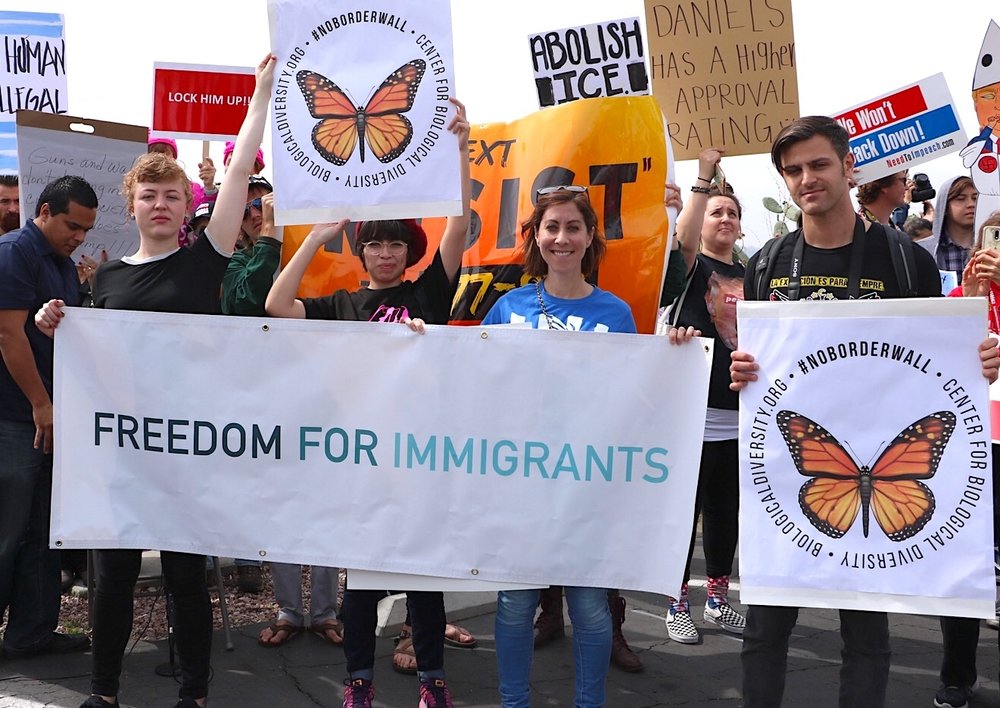- About
- Topics
- Story
- In-Depth
- Picks
- Opinion
- News
- Donate
- Signup for our newsletterOur Editors' Best Picks.Send
Read, Debate: Engage.
Even with the huge investment by European governments to African countries to stem the unprecedented migration of especially young people, and with the harrowing images splashed in international media of the perilous journey that these migrants have been subjected to, recent revelations that they would do it again are not only startling but offer new insights into how government interventions remain counterproductive and out of touch with reality.
While Europe gave African countries hefty sums of money to prevent the migrants from crossing over by using any means necessary, which at times meant violent altercations, the funding was channelled to military and security forces and never really addressed the root causes of illegal migration. Although there has been a lull in the illegal human mobility, dropping from 2 million people between 2015 and 2016 to an estimated 150,000, this has only been temporary.
It is now emerging that the migrants are not just the uneducated and poor, but also comprises of educated urban youth, who, frustrated by a punitive education system that doesn’t reward them with jobs and unable to take care of their families, have chosen to flee home in search of better days.
Indeed an October report by the UN Development Programme, UNDP, dubbed Scaling Fences: Voices of Irregular African Migrants to Europe, which interviewed some 1970 migrants from 39 African countries who had used irregular routes from Africa to Europe, revealed that a majority were well educated but were looking for opportunities elsewhere since “ambition had outpaced the opportunities available in their home country”. The report even revealed that for women, they were motivated by the fact that they were able to earn 11 per cent more than their male counterparts at work, compared to Africa where they were earning 26 per cent less than men.
These new revelations now put to question the EU and African governments strategy to arrest illegal migration and is an indicator of a looming crisis if statements by migrants are anything to go by. If EU wants to assist Africa then investment in social services that directly address the real causes of migration including lack of schools, health facilities, creation of opportunities for all and tackling corruption in governments should be a good starting point. The youth narrative that they are forgotten or underserved by development cannot be wished away.
Watch Our Creative Series on Migration
